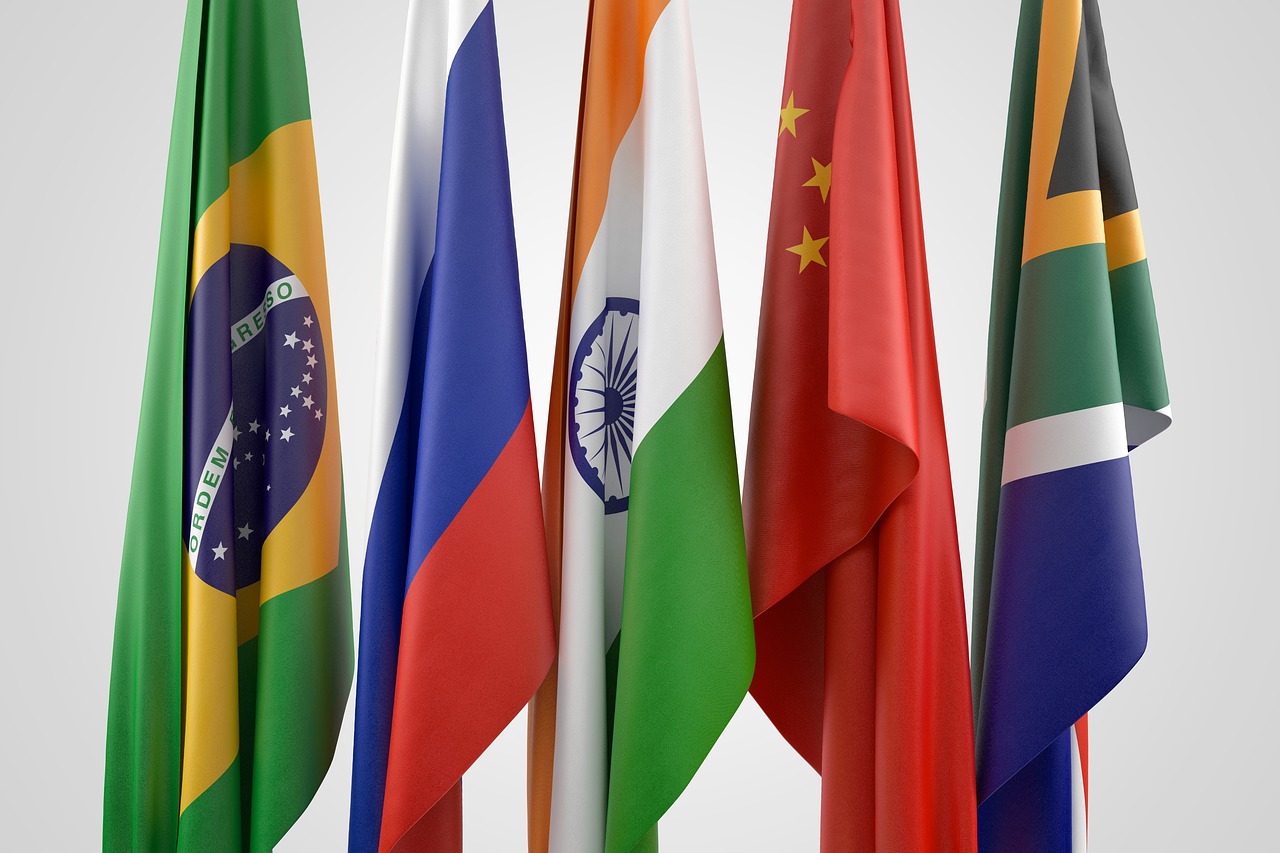BRICS: An Important Announcement is Expected, Which Could Be a Problem for the Dollar
30.05.2024 10:30 1 min. read Kosta Gushterov
A financial expert predicts a major announcement that could have a huge impact on the US dollar. In fact, the BRICS alliance is expected to accelerate its de-dollarization efforts at the upcoming event.
Earlier this year it became clear that Russia and Iran work on the creation of a BRICS currency.
Now, with the upcoming BRICS meeting in mind, Christopher Granville, Director of Global Policy Studies and GlobalDataTS Lombard, recently discussed what could change the financial landscape.
Granville wrote that he expects additional attention to be given to the alliance’s dedollarization initiative. He also discussed how central bank digital currency (CBDC) systems could be important to these common goals. Specifically, he noted that BRICS developments in digital currencies could be adopted globally.
BRICS: Here’s who could be the next country to join the union
Speaking about BRICS digital currency development, Granville statements”that”a US-isolated CBDC solution is still in sight” that it is in the best interest of multiple countries. He then noted that getting involved in digital currencies would also pose a huge challenge to the US dollar.
Granville stated that in his view, a digital currency platform that is not pegged to the dollar, “would weaken one of the three foundations of the US dollar’s global reserve status”.
-
1
Gold Beats U.S. Stock Market Over 25 Years, Even With Dividends Included
13.07.2025 15:00 1 min. read -
2
US Inflation Heats Up in June, Fueling Uncertainty Around Fed Cuts
15.07.2025 16:15 2 min. read -
3
U.S. Announces Sweeping New Tariffs on 30+ Countries
12.07.2025 16:30 2 min. read -
4
Robert Kiyosaki Predicts When The Price of Silver Will Explode
28.06.2025 16:30 2 min. read -
5
Key U.S. Economic Events to Watch Next Week
06.07.2025 19:00 2 min. read
US Inflation Heats Up in June, Fueling Uncertainty Around Fed Cuts
U.S. inflation accelerated in June, dealing a potential setback to expectations of imminent Federal Reserve rate cuts.
Gold Beats U.S. Stock Market Over 25 Years, Even With Dividends Included
In a surprising long-term performance shift, gold has officially outpaced the U.S. stock market over the past 25 years—dividends included.
U.S. Announces Sweeping New Tariffs on 30+ Countries
The United States has rolled out a broad set of new import tariffs this week, targeting over 30 countries and economic blocs in a sharp escalation of its trade protection measures, according to list from WatcherGuru.
Key U.S. Economic Events to Watch Next Week
After a week of record-setting gains in U.S. markets, investors are shifting focus to a quieter yet crucial stretch of macroeconomic developments.
-
1
Gold Beats U.S. Stock Market Over 25 Years, Even With Dividends Included
13.07.2025 15:00 1 min. read -
2
US Inflation Heats Up in June, Fueling Uncertainty Around Fed Cuts
15.07.2025 16:15 2 min. read -
3
U.S. Announces Sweeping New Tariffs on 30+ Countries
12.07.2025 16:30 2 min. read -
4
Robert Kiyosaki Predicts When The Price of Silver Will Explode
28.06.2025 16:30 2 min. read -
5
Key U.S. Economic Events to Watch Next Week
06.07.2025 19:00 2 min. read

